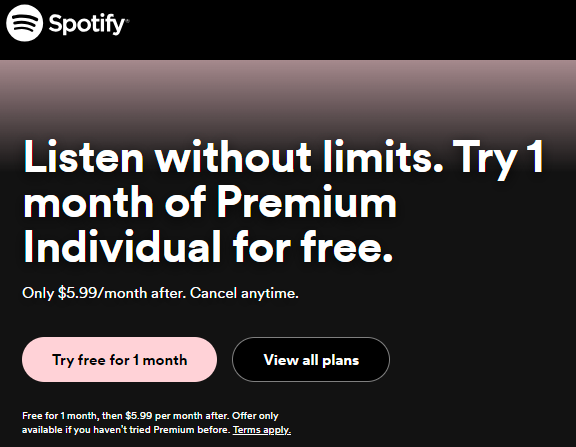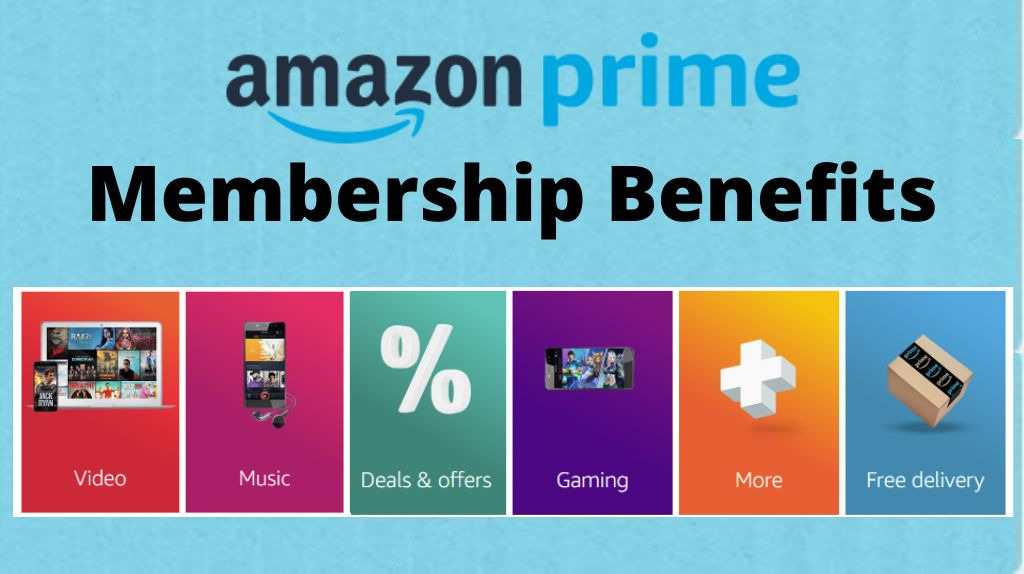Reciprocity is a powerful principle that, if employed carefully in marketing, can influence human behavior and decision-making.
Have you ever been driven to purchase something after receiving a free sample or trial?
This feeling is rooted in reciprocity, where the initial act of giving creates a sense of obligation to return the favor.
This article explores the concept of reciprocity in marketing, its psychological basis, practical examples, and effective strategies to harness its power. By the end, we’ll have a comprehensive understanding of how to implement reciprocity to enhance your marketing efforts and build stronger customer relationships.
Read More: Cognitive Dissonance: Why Is It So Hard To Change Attitudes?
What is Reciprocity in Marketing?
Reciprocity in marketing refers to the practice of providing an initial value to potential or existing customers without the request to get something in return.
This could be in the form of free samples, insightful content, exclusive offers, or even small gestures like thank-you notes.
The concept is deeply rooted in social interactions and cooperation, dating back to ancient societies where mutual exchange was essential for survival and community building.
By providing value first, businesses can foster a sense of obligation in their customers, encouraging them to engage with the brand, make a purchase, or spread positive word-of-mouth.
The Psychology Behind Reciprocity in Marketing
The principle of reciprocity lies in the human need for social balance and fairness.
When someone does something for us, we feel a psychological urge to return the favor, maintaining fairness in our social interactions.
This can manifest as positive reciprocity, where kind actions are returned with kindness, or negative reciprocity, where harmful actions are reciprocated with harm.
The psychology of reciprocity can even be effective without the influence of personal liking. We still feel obligated to return a favor to the brand without any preference.
This has been proven by experiments, such as the one conducted by Regan in which subjects who received a favor (a Coke) from someone were just as likely to buy raffle tickets from that person, regardless of whether they liked them or not.
According to reciprocity theory, although people respond favorably to each other by returning benefits for positive gifts, creating a cycle of mutual goodwill, brands must avoid appearing manipulative.
Inauthentic gestures can be counter-productive.
Marketers should consider offering a free trial without hidden conditions or genuinely thanking customers for their business to build trust and loyalty.
Understanding these psychological triggers can help businesses plan their marketing strategies that not only attract but also retain customers through relevant value propositions.
Read More: All You Need To Know About Heuristics In Decision-Making
Practical Examples of Reciprocity in Marketing
1. Spotify’s Free Trial
Spotify offers a 30-day free trial of its premium service with a clear proposition – Music Without Break, allowing users to experience ad-free music and offline listening. This trial period often leads to conversions afterward, as users appreciate the value and convenience of the premium features.

2. Costco’s In-store Free Samples
Costco’s strategy of offering free food samples in-store creates a positive experience for shoppers. Customers can taste or test products without being forced to make a purchase, making them more willing to buy a complete portion later.

3. Amazon’s Prime Membership
Amazon enhances the value of its Prime membership with benefits like free shipping, exclusive deals, and access to streaming services. This added value creates a sense of obligation as subscribers are driven to spend more on the benefits to avoid losing these good deals in the end. This strategy encourages customers to maintain their subscriptions and shop more frequently on Amazon.

4. Blue Bottle Coffee’s Brew Guides
Blue Bottle Coffee provides free online brew guides, offering valuable knowledge to coffee enthusiasts.
Through this technique, the company positions itself as an expert in its field, not only providing customers with exceptional coffee equipment but also building industry authority with these free guides, eventually encouraging customers to keep buying their coffee and equipment.

Reciprocity In Marketing Strategies
1. Giveaways
Marketers can provide free gifts, coupons, ebooks, or materials that can attract new customers and retain existing ones.
A study on the true value of free samples found that consumers love getting a cheap chocolate bar as a gift, rather than buying a luxury chocolate brand at an 80% discounted price.
Undoubtedly, ebooks and blog articles showing relevant tips and instructions provide value and establish your brand as a knowledgeable resource. These acts of giving create a sense of obligation in recipients, urging them to return the favor by making a purchase or engaging with your brand.
2. Exclusive Offers and Promotions
Membership and loyalty programs that offer exclusive discounts or benefits can enhance customer loyalty. These programs make customers feel valued and appreciated, fostering a deeper emotional connection with the brand.
When customers perceive they are getting special treatment, they are more likely to reciprocate by remaining loyal. making repeat purchases, and even sharing word-of-mouth messages with others.
3. Live Events and Webinars
Hosting educational or entertaining events and webinars can provide significant value to your audience. These events position your brand as an authority in your industry and foster a sense of community among participants. By offering valuable knowledge and engaging content, you build trust and encourage attendees to reciprocate by supporting your brand.
4. Personalized Email Marketing
Email marketing should nurture brand relationships with customers by including diverse content types, from follow-up emails to special offers, relevant blog posts, and survey requests that are tailored to individual customers’ interests.
Personalization shows that you value each customer individually, which can enhance their loyalty and prompt them to reciprocate by staying engaged with your brand.
This is why 62% of consumers said they would not be loyal to brands that do not understand them and personalize offerings for them.
5. Virtual Community Engagement
Engaging with the audience through social media, forums, and online communities can create a sense of reciprocity, making people feel they are part of the community and stay committed to it. 66% of people remain loyal to a brand that cares about nurturing the community and a sense of connection.
Regular interaction and value-driven content can keep your audience engaged and loyal. By fostering a vibrant community, marketers encourage members to reciprocate by promoting your brand and participating actively.
Read More: The IKEA Effect: When Value Co-creation Maximizes Marketing Outcomes
Measure The Success of Reciprocity-powered Marketing
Key metrics such as conversion rates, customer retention rates, and the number of new leads generated may give valuable insights into the effectiveness of the reciprocity effect on marketing strategies.
Besides, gathering and analyzing feedback straight from customers will be the best way to understand their perceptions and experiences with the reciprocity efforts. Surveys, reviews, and direct feedback can provide valuable insights into areas for improvement and highlight what is working well.
As marketing is an ever-evolving industry, we should continuously refine strategies based on performance data and customer feedback. Testing is a necessary task as different approaches result in different outcomes.
Marketers should select the optimal one that resonates best with their audience and adjust accordingly. It’s better to stay updated with market trends and competitor strategies to ensure your methods remain relevant and effective.
Conclusion: Reciprocity in a Nutshell
Reciprocity is a powerful tool in marketing, rooted in the basic principles of social psychology.
By offering value upfront, businesses can build trust, foster loyalty, and enhance brand recognition.
To implement effective reciprocity strategies, marketers should focus on providing genuine value, monitor performance metrics carefully, and continuously seek ways to improve. Leveraging the power of reciprocity in your marketing efforts today to build lasting customer relationships and boost your business success.
Academic Sources For This Blog:
Cialdini, R.B. (2007) Influence: the psychology of persuasion. 1st edition. New York: Collins.
Regan, D.T. (1971) Effects of a favor and liking on compliance. Journal of Experimental Social Psychology. 7(6), pp.627-639.
Shampanier, K., Mazar, N., and Ariely, D. (2007) Zero as a Special Price: The True Value of Free Products. Marketing Science. 26(6), pp.742-757.
[wpforms id=”881″ title=”true”]
Sy Chu
As an analytical and creative marketing enthusiast skilled in customer analysis, content research and brand management, my passion is help businesses gain insights into their brand and marketing strategies to drive impactful outcome to their success.
